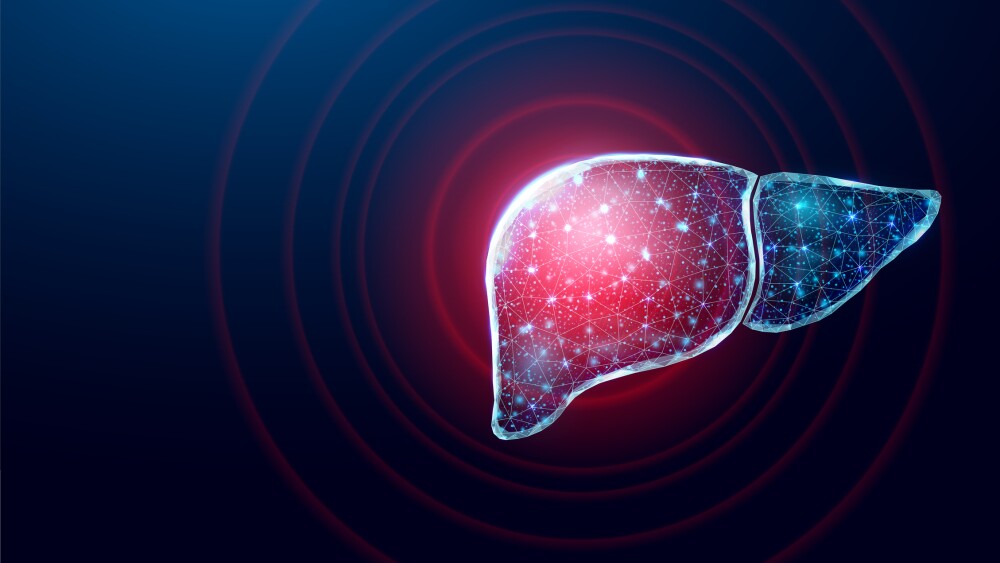The Association for Diagnostics & Laboratory Medicine’s (formerly AACC’s) Clinical Chemistry journal released a special issue today titled “Cancer: Biology and Diagnostics,” which presents a wide range of discoveries with the potential to improve cancer diagnosis and treatment.
| |
| [04-January-2024] |
| WASHINGTON , Jan. 4, 2024 /PRNewswire/ -- The Association for Diagnostics & Laboratory Medicine’s (formerly AACC’s) Clinical Chemistry journal released a special issue today titled “Cancer: Biology and Diagnostics,” which presents a wide range of discoveries with the potential to improve cancer diagnosis and treatment. In particular, this issue spotlights exciting developments in liquid biopsy that could help to achieve better patient outcomes and reduce mortality rates. View the special issue here: https://academic.oup.com/clinchem/issue/70/1 Also known as a fluid phase biopsy, liquid biopsy is a minimally invasive alternative to conventional tissue biopsies that assesses liquid biological specimens, most commonly blood. In addition to being much easier on patients than tissue biopsies, liquid biopsies can more accurately assess the composition of heterogeneous tumors, thereby enabling more personalized treatment. One of the most common blood biomarkers analyzed by liquid biopsies is circulating tumor cells (CTCs) and this special issue has a major emphasis on advancements in this area. One study in the issue found that the expression of the protein PD-L1 on CTCs is a useful predictive marker for non-small cell lung cancer, while another study demonstrated that lapatinib increases overall survival in metastatic breast cancer patients with HER2-positive CTCs. While early liquid biopsies relied exclusively on CTCs, the approach now encompasses a variety of tumor material, including circulating tumor DNA (ctDNA). The special issue highlights how detection of ctDNA in both asymptomatic individuals and patients with chronic liver disease and cirrhosis contributes to the early diagnosis of hepatocellular carcinoma. Similar to ctDNA, circulating cell-free DNA (cfDNA), which also includes non-tumor DNA, is becoming a valuable biomarker for cancer diagnostics. Research published in the special issue demonstrates that cell-free HPV DNA can be used to monitor for cervical cancer and that cfDNA from cerebrospinal fluid is an important tool for brain tumor diagnostics. The special issue also looks towards the future of cancer diagnostics. Two important technologies that can complement liquid biopsy assessment are imaging and artificial intelligence (AI), and in a Q&A article, clinical and scientific experts discuss the implications and future potential of liquid biopsies, imaging, and AI in oncology. An integrated approach could enable early detection of cancers with liquid-phase testing, the production of detailed visual and anatomical information critical for disease assessment, and AI-determined risk management and health outcome predictions. “The current special issue focuses on cancer and the translation of biological discoveries into clinically useful diagnostics and therapeutic aids,” wrote issue editors and cancer diagnostics experts Drs. Klaus Pantel, Catherine Alix Panabières, Kathleen Burns, Samir Hanash, Kathleen Kerr, and David Wang in the preamble to the special issue. “There is a wide world of relevant technologies with potential applications to cancer covered in this special edition. We highlight some exciting developments that will likely impact clinical practice.” About the Association for Diagnostics & Laboratory Medicine (ADLM) Dedicated to achieving better health through laboratory medicine, ADLM (formerly AACC) brings together more than 70,000 clinical laboratory professionals, physicians, research scientists, and business leaders from around the world focused on clinical chemistry, molecular diagnostics, mass spectrometry, translational medicine, lab management, and other areas of progressing laboratory science. Since 1948, ADLM has worked to advance the common interests of the field, providing programs that advance scientific collaboration, knowledge, expertise, and innovation. For more information, visit www.myadlm.org. Clinical Chemistry (clinchem.org) is the leading international journal of laboratory medicine, featuring nearly 400 peer-reviewed studies every year that help patients get accurate diagnoses and essential care. This vital research is advancing areas of healthcare ranging from genetic testing and drug monitoring to pediatrics and appropriate test utilization. Christine DeLong Molly Polen
SOURCE Association for Diagnostics & Laboratory Medicine (ADLM) |




